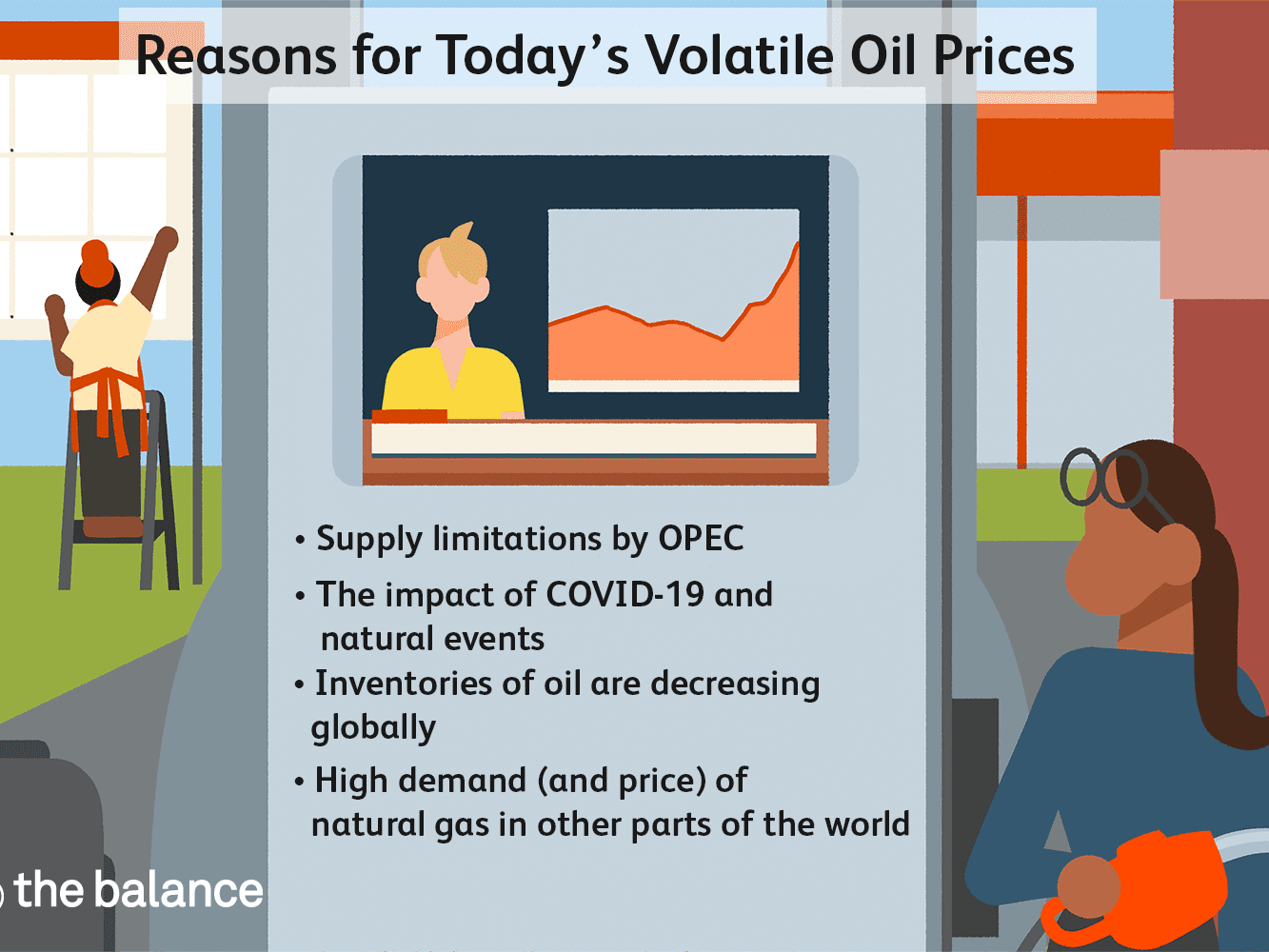
The cost of oil to power and heat homes and businesses goes far beyond the mere number seen on a utility bill month after month. There are other repercussions and impacts of the rising cost of energy that might have a trickle-down impact in some communities. Whether you are an entrepreneur, city official, or simply a homeowner trying to warm your home during the winter, the cost of oil affects everyone.
Consider some of the impacts of oil prices in your community.
Cities and municipalities
When the cost of oil goes up, residents in a town or community struggle to keep up with their utility bills. This can result in more individuals seeking out civic organizations or programs offering funds toward reducing heating costs and maintaining service in the home. Over the course of time, this can become a drain on municipal funds and may be seen by some consumers in terms of tax liabilities at the end of the year or other town-funded programs, sites, or maintenance being cut from the annual budget.
Retail merchants
When oil goes up, so do the transportation and trucking costs to put inventory on the shelves of retail businesses and venues. Prices for items that normally are considered low-cost items can inflate until many buyers have to re-evaluate their needs and shopping habits. There is a ripple effect between the cost of utilities and those expenses related to shipping goods and the price-tag of items seen on store shelves.
Food businesses
Perhaps the business venue most transparently impacted with the rising cost of oil are those that are in the food service industry. Whether the business is a farm-stand or a five-star restaurant, the cost of oil directly impacts the production, sales, and service of food widely. Another notable impact is the hours of operation of these venues. When costs associated with doing business soar, many may curb their operating hours or close for segments of the year. This can cause more than mere inconvenience to patrons, it could also affect the job opportunities and security of employees who work for the food-related business.
Food industry also relies heavily on oil to get their foods to the consumer marketplace. When this becomes strained, consumers may find it more difficult to get the products that they want on their table. Subsequently, buyers may end up searching for these items elsewhere, incurring additional cost and energy.
Investment opportunities
There are some strategies to keep up with the rise and fall of industries such as oil. Many individuals are looking at investment opportunities to grab a stake in the fluctuating market, as well as potentially earn income or credits toward the cost of these necessary industries. Different programs and incentives are available from energy companies, as well as help with oil investment strategies for the novice investor. Ask others about opportunities with well-known groups and talk to stock professionals regarding the best and most low-risk investments for your funds.
Prudent use and vigilance regarding energy-efficiency might be key in moving forward and reducing the overall costs of oil. Long-term investment opportunities may be a way to earn income from the supply and demand of oil, too. Consider options that may give you the most benefits for your household, budget, and future goals before making changes in your home or business.